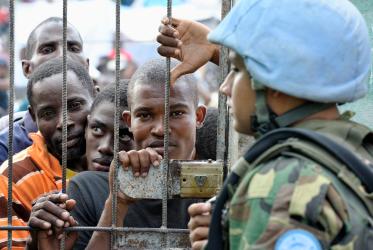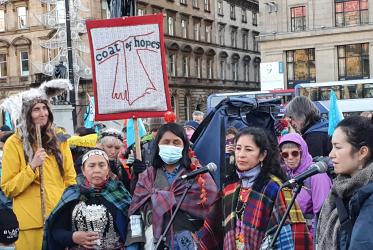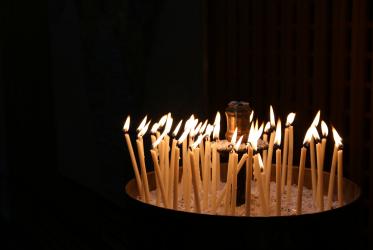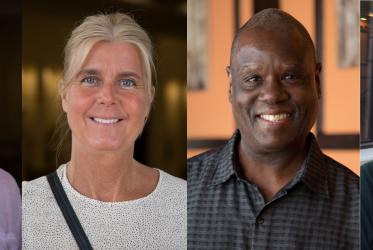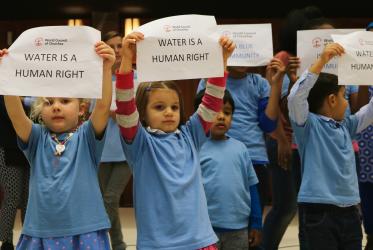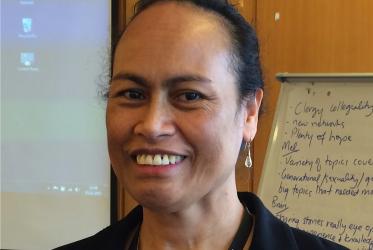Displaying 1 - 20 of 31
29 November 2023
United Church of Canada launches Korea Peace Appeal
27 January 2022
In Canada, local churches offer a new view on climate accountability
04 December 2020
WCC calls for prayers in wake of shooting in Canada
23 April 2020
#WCC70: Children in the Ecumenical Movement
20 December 2018
How can you help refugees?
11 October 2018
Peace consultations of hope
07 July 2017
World Social Forum sows seed of hope in global north
17 August 2016
Church challenge: Welcoming "strangers" in a climate of fear
18 November 2015
